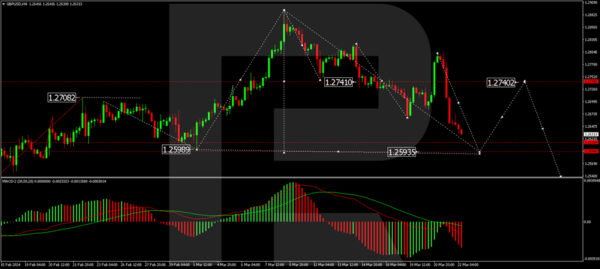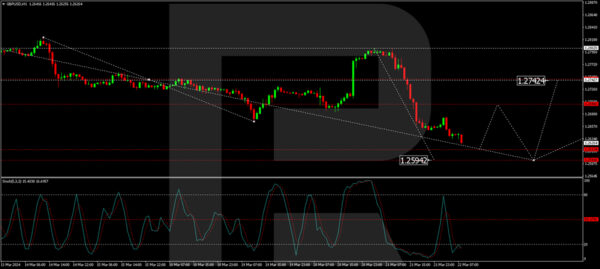As of Friday, the GBP/USD pair hovered around 1.2642, following a substantial decline. The Bank of England (BoE) has yet to find reasons to lower the interest rate, indicating intentions to maintain high rates for an extended period to support the necessary inflation level in the country. The BoE’s monetary policy remains restrictive.
In its latest meeting, the Bank of England kept the interest rate steady at 5.25% annually, unchanged from previous sessions.
The BoE’s primary inflation target is 2%. Official forecasts suggest that the Consumer Price Index in the UK will likely reach this target by Q2 2024, with no immediate changes in monetary attitudes anticipated.
The market was “disappointed” that the BoE did not introduce any new policies, given that key central banks worldwide have started (at least verbally) to move towards tightening monetary conditions. The BoE remains an outlier, sticking to a conservative “wait-and-see” approach.
The BoE will likely continue with its current strategy. It will wait to see the outcomes of interest rate hikes by the US Federal Reserve and the European Central Bank (ECB) and observe currency reactions before considering any steps towards tightening based on the inflation trend.
Technical analysis of GBP/USD
The H4 chart of GBP/USD is developing the fifth wave of decline towards the level of 1.2594. After that, a potential correction to 1.2742 is considered, with a continued downward trend expected. The MACD oscillator supports this scenario, with its signal line below zero and continuing downward towards new lows.

On the H1 chart, a declining wave structure towards 1.2615 is forming. After reaching this level, a potential rise to 1.2698 could occur, followed by a decline to 1.2594. The Stochastic oscillator confirms this scenario, with its signal line below 20 and sharply directed downwards.










